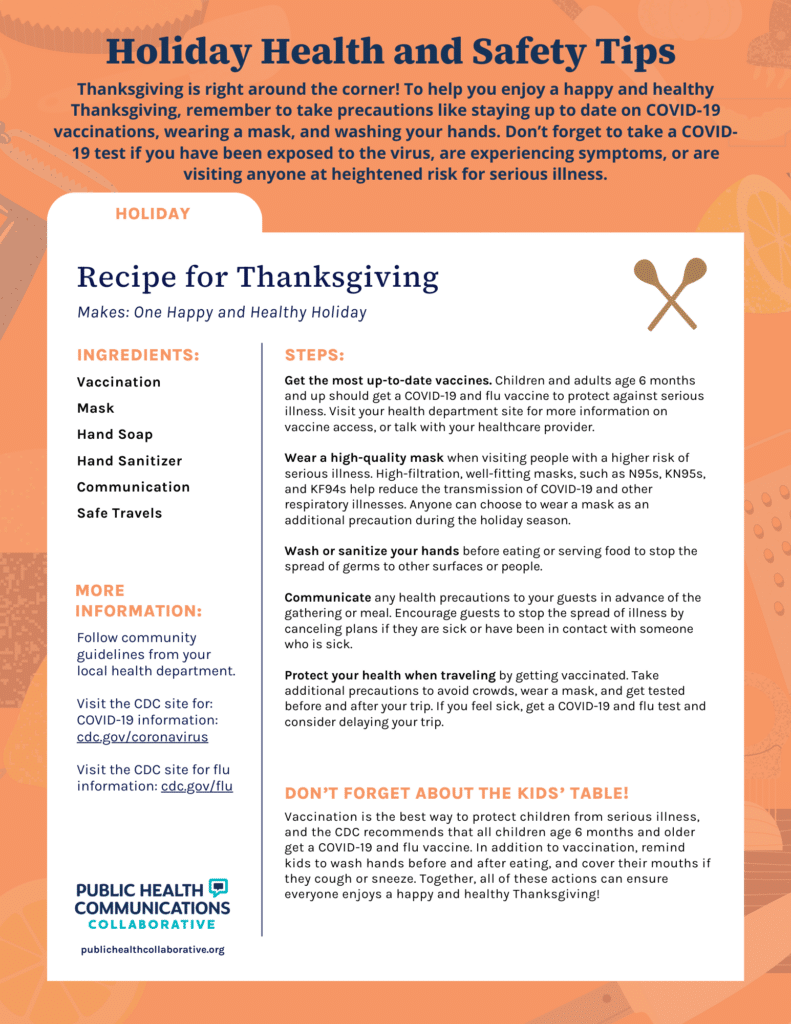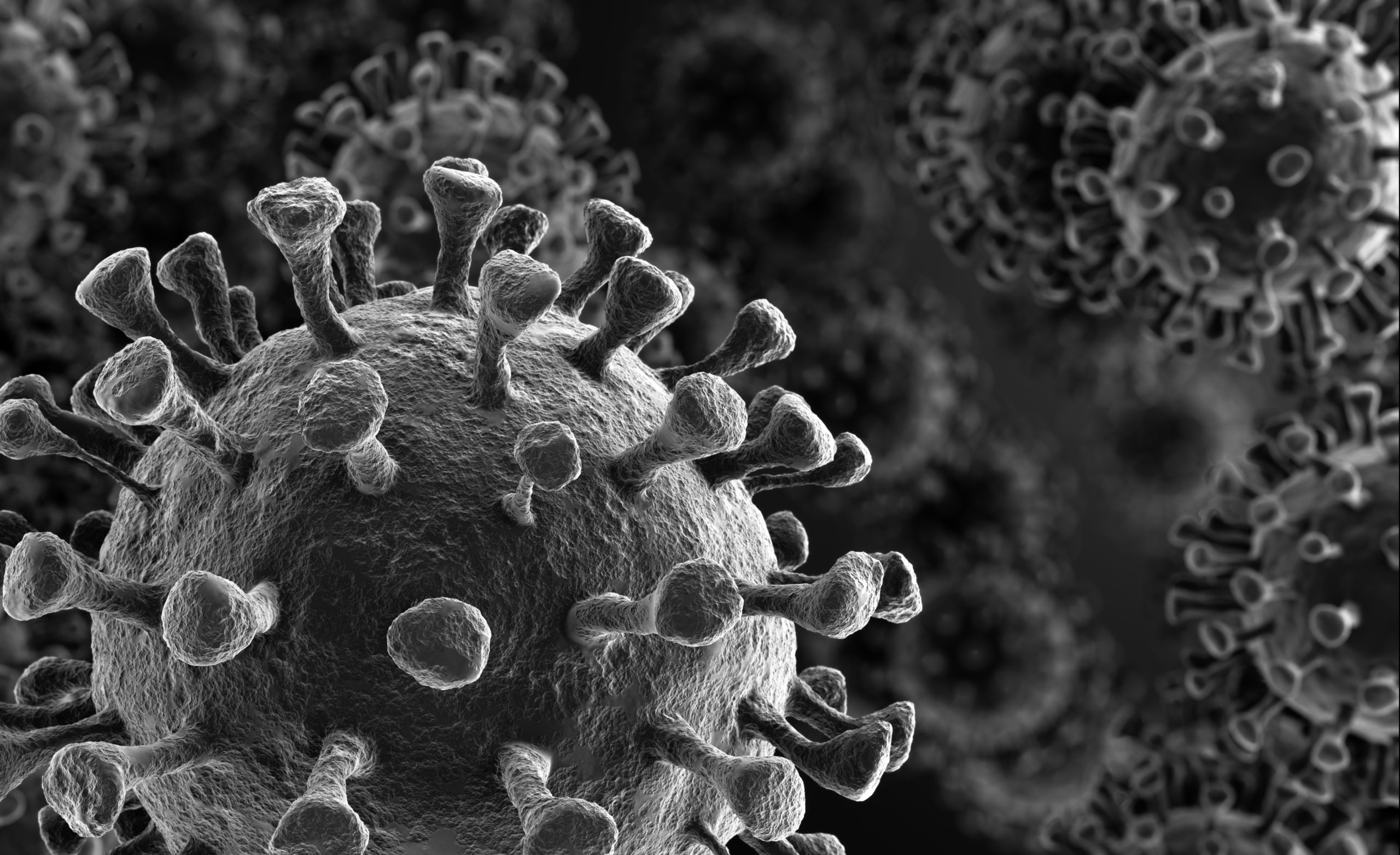For kids following COVID instructions: Stay connected with friends via phone or computer for playdates; wear masks for protection and practice good hygiene by covering coughs and sneezes; encourage cleanliness and ask questions when in doubt. This will ensure a safe and healthy environment for kids during these uncertain times.
By following these simple tips, children can navigate through the challenges of the pandemic with confidence and security. Carefully monitoring their health, maintaining good hygiene practices, and staying informed are crucial aspects in safeguarding their well-being. With proper guidance and support, kids can adapt to the new norms and prevent the spread of COVID-19 effectively.
Remember, asking questions, staying connected, and practicing good hygiene are essential for a child’s safety and well-being amidst the pandemic.

Credit: www.sfdr-cisd.org
Table of Contents
ToggleUnderstanding Covid-19 In Kids
It is important to understand Covid-19 in kids, as they can be affected by the virus just like adults. While children generally experience milder symptoms compared to adults, it is still crucial to take necessary precautions to keep them safe and prevent the spread of the virus. In this section, we will explore the symptoms to look out for and the testing methods available for kids.
Symptoms To Look Out For
Kids may experience various symptoms if they contract Covid-19. It is essential for parents and caregivers to be vigilant and look out for any signs that their child may be infected. Some common symptoms include:
- Fever
- Cough
- Sore throat
- Shortness of breath
- Fatigue
- Headache
- Loss of taste or smell
- Body aches
- Nausea or vomiting
- Diarrhea
If your child exhibits any of these symptoms, it is important to seek medical attention and get them tested for Covid-19 to ensure proper care and prevent the spread of the virus.
Testing For Covid-19 In Kids
Testing for Covid-19 in kids can be done through various methods. The most common method involves a swab (Q-tip) inserted into the nose or mouth, which is then sent to a lab for analysis. Some Covid-19 tests can also be done at home with the guidance of a healthcare professional.
If you suspect that your child may have been exposed to the virus or if they are displaying symptoms, it is important to get them tested as soon as possible. This will help in early detection and prevent further spread of the virus.
Remember, staying informed about Covid-19 symptoms and testing methods is crucial in protecting your child’s health and preventing the spread of the virus. By being proactive and taking necessary precautions, we can ensure the safety of our children and community.

Credit: publichealthcollaborative.org
Tips For Managing Covid-19 In Kids
During COVID-19, it’s crucial to provide comfort and support to kids to help them cope with the situation.
Encourage good hygiene practices such as frequent handwashing and proper usage of masks to prevent the spread of germs.
Make sure kids get enough rest and stay hydrated by drinking plenty of fluids to aid in their recovery.
Returning To Normal Activities
After recovering from Covid, it’s crucial for kids to ease back into normal activities. Encourage them to connect with friends through virtual playdates, wear masks, and practice good hygiene. Ensure they get plenty of rest, stay hydrated, and ask questions to alleviate any concerns.
Following Guidelines From Schools And Daycares
Before resuming any normal activities, it’s crucial to follow the guidelines set forth by schools and daycares. This may involve adhering to specific regulations regarding mask-wearing, physical distancing, and hygiene practices. Make sure to stay informed about any updates or changes in the guidelines to ensure a safe and smooth transition back to regular routines.
Consulting With Healthcare Professionals
Prior to engaging in regular activities, consulting with healthcare professionals is essential. They can provide valuable insights and recommendations tailored to your child’s specific health needs. Whether it’s addressing concerns about the potential risks or discussing any lingering COVID symptoms, seeking guidance from healthcare professionals can help ensure a seamless return to normalcy.
Resources And Support For Parents
As parents navigate the challenges of the ongoing COVID-19 pandemic, it’s essential to have access to reliable resources and support. Here are some organizations that provide valuable guidelines and information to help parents ensure the safety and well-being of their children.
National Association Of School Psychologists
The National Association of School Psychologists (NASP) offers comprehensive guidance and resources for parents during the COVID-19 pandemic. Their website provides helpful tips and strategies on how to address children’s emotional and psychological needs, manage stress, and create a supportive environment at home. Additionally, NASP provides information on social-emotional learning, behavior management, and other topics relevant to parents and educators alike.
Unicef’s Guidelines For Caring For Sick Children
UNICEF has developed comprehensive guidelines for parents on caring for sick children during the COVID-19 pandemic. These guidelines cover topics such as recognizing COVID-19 symptoms, when to seek medical help, and how to create a safe and comfortable environment to facilitate recovery. UNICEF’s resources also emphasize the importance of maintaining regular healthcare, nutrition, and hygiene practices to ensure children’s overall well-being.
Centers For Disease Control And Prevention
The Centers for Disease Control and Prevention (CDC) is a trusted source of information for parents seeking guidance on COVID-19 precautions and protocols. The CDC website provides a wide range of resources, including tips on hand hygiene, mask usage, and social distancing. Parents can access guidelines on how to protect their families and communities, as well as information on testing, vaccinations, and the latest updates on COVID-19 research.
By leveraging the resources offered by organizations like NASP, UNICEF, and the CDC, parents can gain the knowledge and support needed to navigate the challenges posed by COVID-19. It’s important to stay informed, prioritize the well-being of children, and create a safe and healthy environment at home.
Promoting Immune Health In Kids
Promoting immune health in kids is crucial, especially during the ongoing pandemic. Encourage regular handwashing, a balanced diet, adequate sleep, and physical activity to support their immune system. Additionally, ensure they adhere to Covid safety measures such as wearing masks and practicing social distancing to protect themselves and others.
Importance Of A Balanced Diet
Eating a balanced diet is crucial for boosting the immune system in children. Nutrient-rich foods provide essential vitamins and minerals.
Immune-boosting Foods
Include immune-boosting foods like fruits, vegetables, nuts, and whole grains in your child’s diet to enhance their immunity.
Common Concerns And Faqs
For helpful tips on managing kids‘ Covid instructions, encourage virtual playdates, emphasize mask safety, practice proper cough etiquette, promote cleanliness, and reassure them that questions are okay. Provide warm baths or showers, use cool mist humidifiers, offer warm fluids for sore throats, and ensure plenty of rest and hydration.
Duration Of Quarantine For Infected Children
During these uncertain times, it is natural for parents to have common concerns and questions regarding the COVID-19 pandemic and how it affects their children. One common concern is the duration of quarantine for infected children. It is important to note that the duration of quarantine may vary depending on the guidelines provided by health authorities.
According to the Centers for Disease Control and Prevention (CDC), the recommended duration of quarantine for infected children is generally 10 days. This means that children should stay isolated for 10 days from the time of their positive COVID-19 test result or the onset of symptoms. It is crucial for parents to ensure that their children strictly adhere to the quarantine guidelines to prevent the spread of the virus.
Best Medicines For Covid-19 Symptoms In Kids
Another concern that parents may have is the best medicines to alleviate COVID-19 symptoms in kids. It is important to understand that each child’s condition may differ, and it is always recommended to consult with a healthcare professional before administering any medication.
Some common over-the-counter medicines that are often used to relieve COVID-19 symptoms in kids include acetaminophen (found in brands like Tylenol) and ibuprofen (found in brands like Advil or Motrin). These medicines can help reduce fever and relieve pain. However, it is crucial to follow the proper dosage instructions and consult a healthcare professional if you have any doubts.
It is important to note that while these medicines can help alleviate symptoms, they do not treat or cure COVID-19 itself. The best approach is to ensure that kids get plenty of rest, stay hydrated, and follow the advice of healthcare professionals for managing specific symptoms.
In conclusion, understanding common concerns and frequently asked questions about COVID-19 in children is essential for parents. The duration of quarantine for infected children is generally recommended to be 10 days, as per CDC guidelines. When it comes to relieving COVID-19 symptoms in kids, it is important to consult a healthcare professional for the best medicines and follow their advice for proper dosage and usage. By staying informed and taking necessary precautions, parents can help keep their children safe during these challenging times.

Credit: mffk.org
Frequently Asked Questions Of Tips For Kids Covid Instructions
How Do You Treat Covid-19 In Children At Home?
To treat COVID-19 in children at home: 1. Encourage rest and provide plenty of fluids to avoid dehydration. 2. Use over-the-counter pain relievers like paracetamol or ibuprofen if necessary. 3. Help soothe a sore throat with warm fluids such as tea or chicken broth.
4. Consider a warm bath or shower, propping kids up with pillows, or using a cool mist humidifier. 5. Follow instructions from their doctor and ask questions if needed.
How Do You Treat Covid-19 In Children?
To treat COVID-19 in children: encourage rest, provide plenty of fluids, give over-the-counter pain relievers as needed, and follow any guidelines or instructions from healthcare professionals. Help the child stay comfortable by using cool mist humidifiers or warm baths/showers. Support them in maintaining good hygiene, such as covering coughs/sneezes and practicing handwashing.
Ask questions and provide emotional support to ease anxiety.
How Long Is A Child With Covid-19 Contagious?
A child with COVID-19 is contagious for about 10 days from the onset of symptoms.
What’s The Quickest Way To Get Rid Of Covid Symptoms?
The quickest way to get rid of Covid symptoms is to rest, stay hydrated, and take paracetamol or ibuprofen for discomfort.
Conclusion
To ensure your child stays safe during these challenging times, encourage virtual playdates and mask-wearing. Teach them good hygiene habits like proper cough etiquette and cleaning up. Remember, it’s okay for kids to ask questions and seek help if needed.
Together, we can navigate these Covid instructions with care and understanding.

Mother of Two children. I’m a former teacher with a background in child development and a passion for Good parenting. I understand child development and know how to develop activities to help children learn and grow. Spare time, I enjoy spending time with my family, reading, and volunteering in my community. Read More







